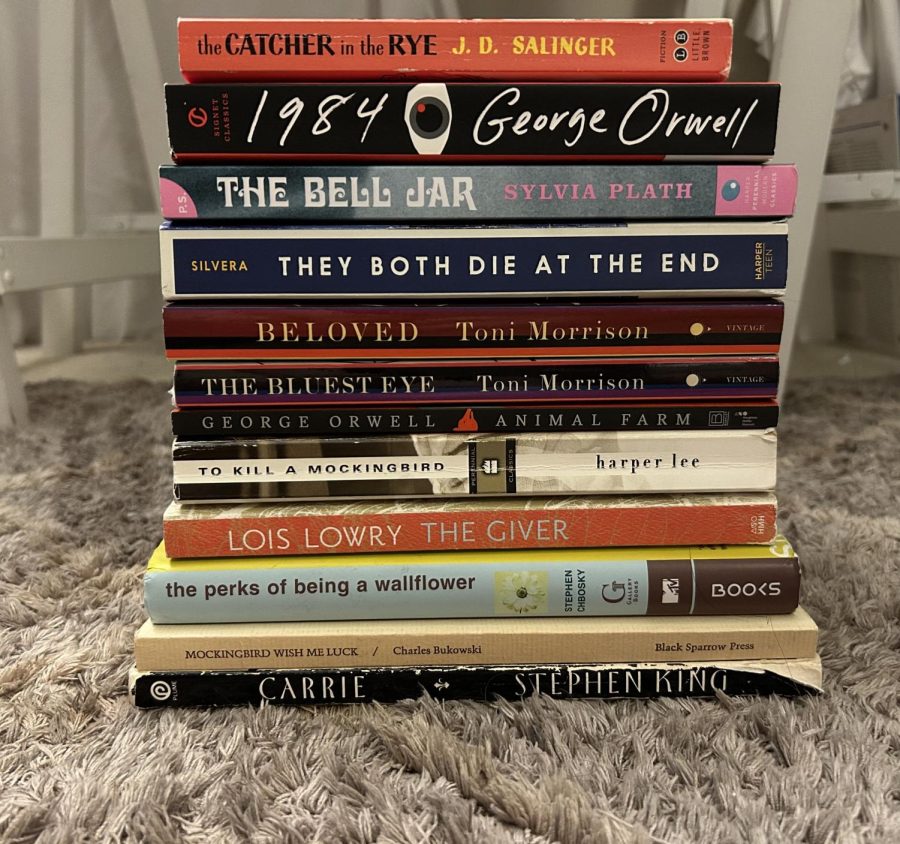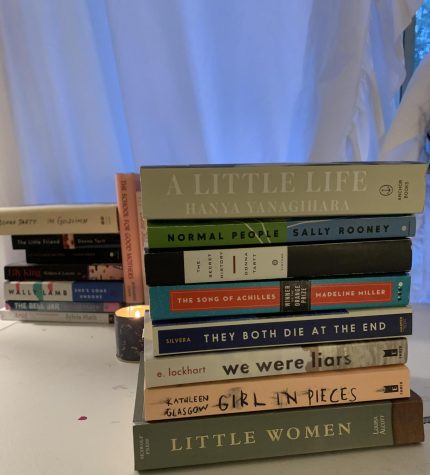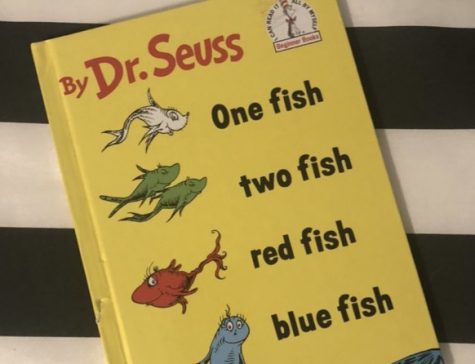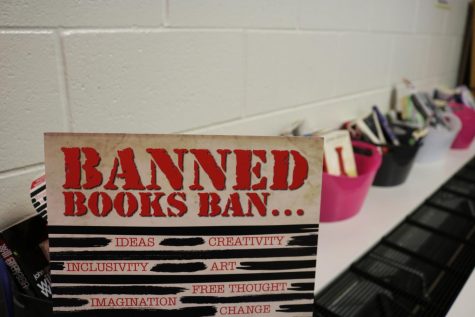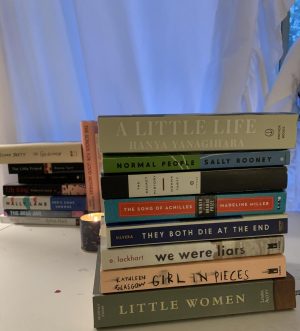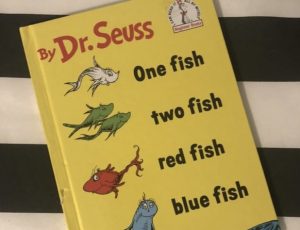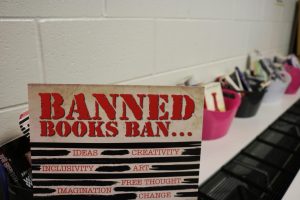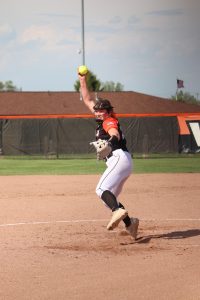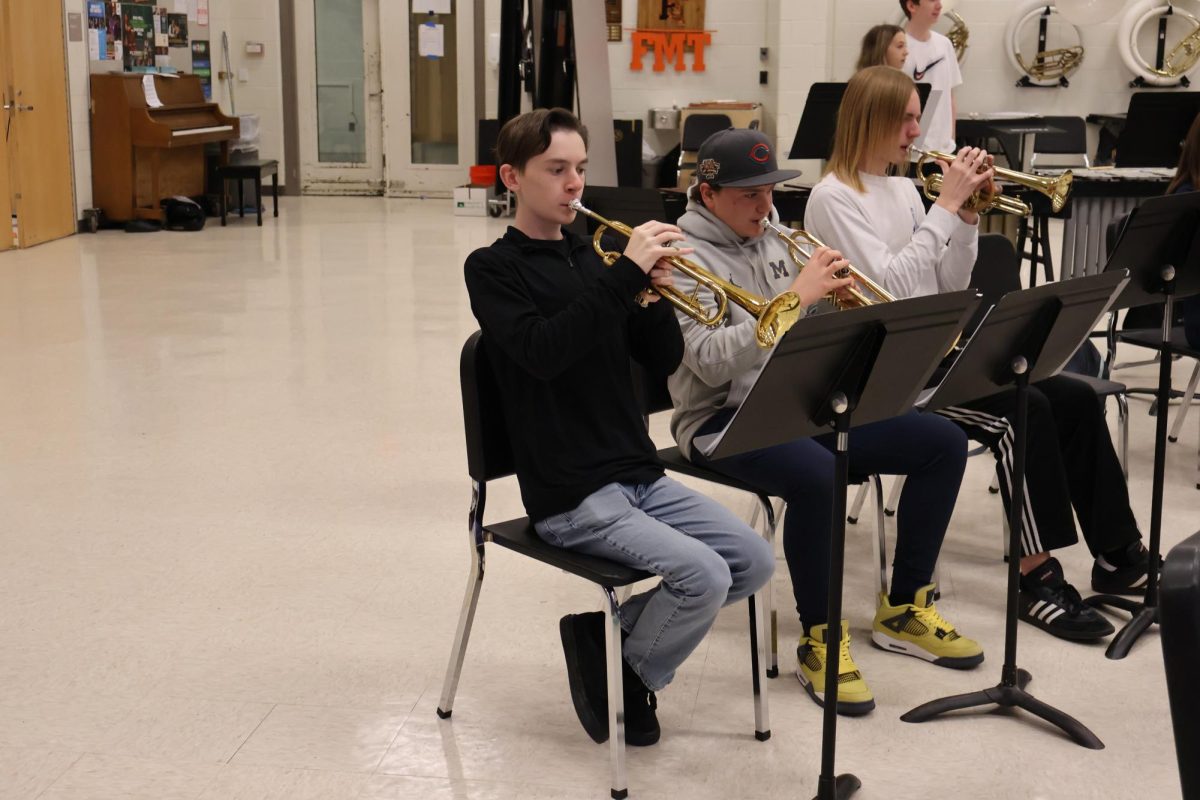Opinion: Banned books belong in schools
PHOTO Sylvia Kline
March 16, 2023
The banning of books in an educational setting has recently been a tumultuous discussion in American communities. These conversations have sparked impassioned debates, contributed to concern over students’ access to literature and expressed concerns regarding the security of educators’ jobs.
As a student with a passion for literature, it has been extremely disheartening to see the escalation of book bannings within schools. Obviously, students still have the right to learn and read as they wish outside of the classroom, but it is also imperative that my peers and I are able to exercise this right in an educational setting as well.
Many of the debates being held in school board meetings over the content within books has originated from around 50, primarily religious, groups with regional chapters pushing to expand censorship in educational settings. Seventy-three percent of these groups have been formed since 2021, and 20 percent of book bans across the nation have been directly linked to their efforts. PEN American Chief Executive Suzanne Nossel stated, “[The effort] is ideologically motivated and politically expedient, and it needs to be understood as such in order to be confronted and addressed properly.”
Forty-one percent of these banned titles contained LGBTQ+ themes, 40 percent feature protagonists and secondary characters of color and 21 percent of banned books included titles regarding racism. This is problematic for two primary reasons.
The first, and most compelling, is that this particular censorship inhibits young students from finding a place for themselves within the world, and consequently, hinders them from finding themselves. The increased book bans are imminently ripping away a necessary safe haven for hundreds of students across the nation. FHS English teacher Heather Mulligan stated, “One thing that I think literature does better than many other things is it gives people a place they can go to to find themselves, and find their people and figure out life.” The opportunity to start the arduous journey of figuring out life has no better-timed origin than in the mind of an adolescent.
Secondly, the banning of books evidently inhibits political socialization within young students. By having limited access to books that feature sensitive themes, or even characters from different cultures, students no longer have the opportunity to learn about their peers in a productive and informational way. It is imperative that students avoid ignorance by establishing understandings of the world around them. These books, as Mulligan stated, “Show students the challenges and struggles that other people face, and offers them different perspectives and an opportunity to, as Harper Lee would say, ‘walk a mile in somebody else’s shoes.’’’
Extensive and continued book bans have created job insecurity and instability for educators nationwide. Harsh bans have required teachers to revise their curriculum and avoid discussions regarding sensitive topics they can no longer teach. Mulligan stated, “It’s just sad that often they’re having to revise their curriculum or not be able to share texts with students that they’ve shared for years.”
In addition to the forced revision of curriculums, select books in states with harsh guidelines have been removed from school libraries—despite being approved by librarians.
Mulligan stated, “In terms of books in our media center, we try really hard to have a collection that is up to date, full of award winners, and appropriate, and sometimes those books are books that you see on those lists.“
According to Media Center Specialist Rachael Hassell, the FHS Media Center book selection has not been challenged. She stated, “It’s important that we have a diverse selection of books that have representation for all students. I follow the American Library Association guidelines to make sure the books we put on the shelves have literary merit, reviews and are age appropriate.”
Books with characters of differing races, romantic preferences, cultures, religions and identities deserve places within school libraries and curriculums. The minds and souls of adolescents are ever-changing and—especially with the overwhelming presence of social media— literature needs to be available as a support system for young minds.
Apart from literature supplementing the development of our youth, it is— and will continue to be— a timeless art. Censoring art and limiting expression within the “land of the free” becomes very dangerous. Mulligan remarked, “Often the issue is that it’s making somebody uncomfortable, and much great art at some point makes people uncomfortable, and that’s what makes us think.”
To view the extensive master list of banned books, click here.

